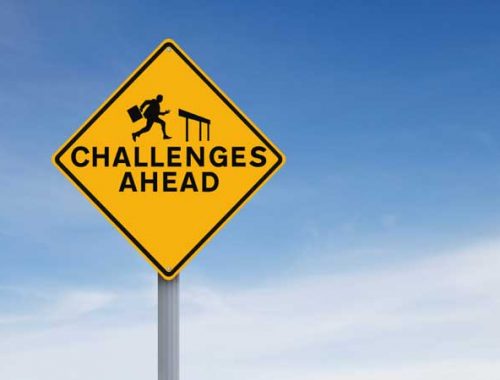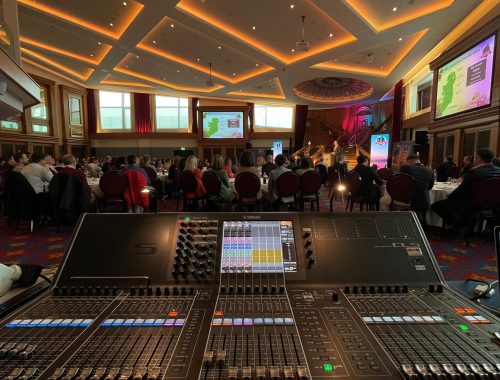‘Now we just need the CEO’s approval- WHAT?!’

Boud’s model of reflection
I will use Boud’s reflection model to describe, reflect, and evaluate my challenging experience of co-writing a research briefing paper, outlining my proposal for a youth panel at Action Mental Health, and the daunting experience of this being scrutinised by the Chief Executive Officer, and Senior Management.
Experience- do I have what it takes to succeed at this?
As part of my placement at Action Mental Health, I had to co- write a research briefing paper (which is linked below), with the Manager of Resilience and Wellbeing about our proposal for a youth panel at Action Mental Health which would be scrutinised, and ultimately approved, or declined by the Chief Executive Officer, and Senior Management.
https://salmon-dorri-35.tiiny.site/
Writing a briefing paper was an extremely challenging aspect of my placement because it was a new and unfamiliar project, resulting in me experiencing ‘self doubt about [my] competence’ (Hermann et al 2002, p.405). The charity had previously given me a prestigious award in 2018 for my mental health work which added to my performance anxiety, and fear of letting the organisation down. In spite of my relevant experience in research, and policy development, being asked to take the lead in developing AMH policy was daunting, and contributed to feelings of inadequacy, otherwise known as ‘the imposter syndrome’ whereby I expressed ‘difficulty internalizing [my] achievements and accomplishments.’ (Feenstra et al 2020, p.1). This was largely due to lacking professional rather than casual voluntary experience in developing policy within mental health organisations, leading me to question why AMH had chosen me to assist with this project, rather than someone more qualified. Over and over again, I asked myself, ‘Why me? Why do they believe in me so much, I’m just a student mental health campaigner with personal experience, not a qualified professional? What if I let them down? How am I going to accomplish this?’
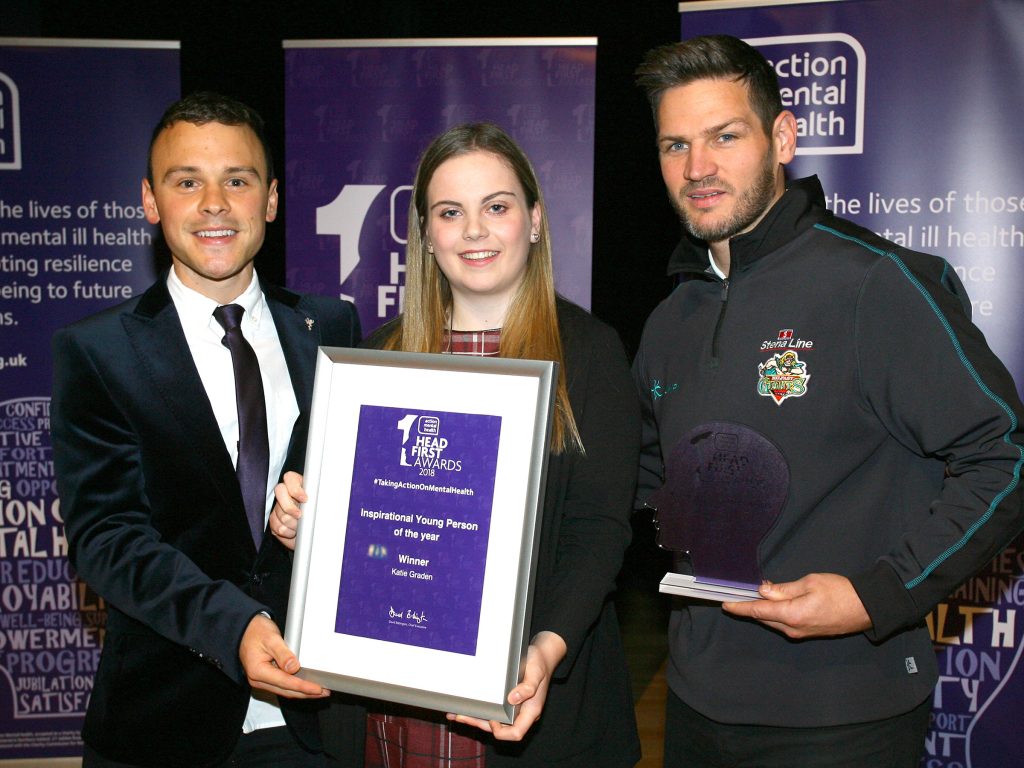
Reflective Process
Upon reflection, the most challenging aspect of this process was not my feelings of inadequacy, but rather condensing two months of research into a concise, but also informative and explanatory document to convince senior management that our proposal of a youth panel was worth investing in. I had spent approximately 50 hours conducting research with organisations across NI, including Pure Mental and the NI Youth Assembly, therefore compiling these notes would be a mammoth task. As McKendrick highlights, a research briefing paper should be a ‘digestible, user-friendly, and focused summary of research findings.’ (2003, p.219). As this was a new style of writing, it took a period of time to adapt, and embed my research into this different format. To help tackle this challenge, I created and followed a structure under five different subheadings to organise my work:
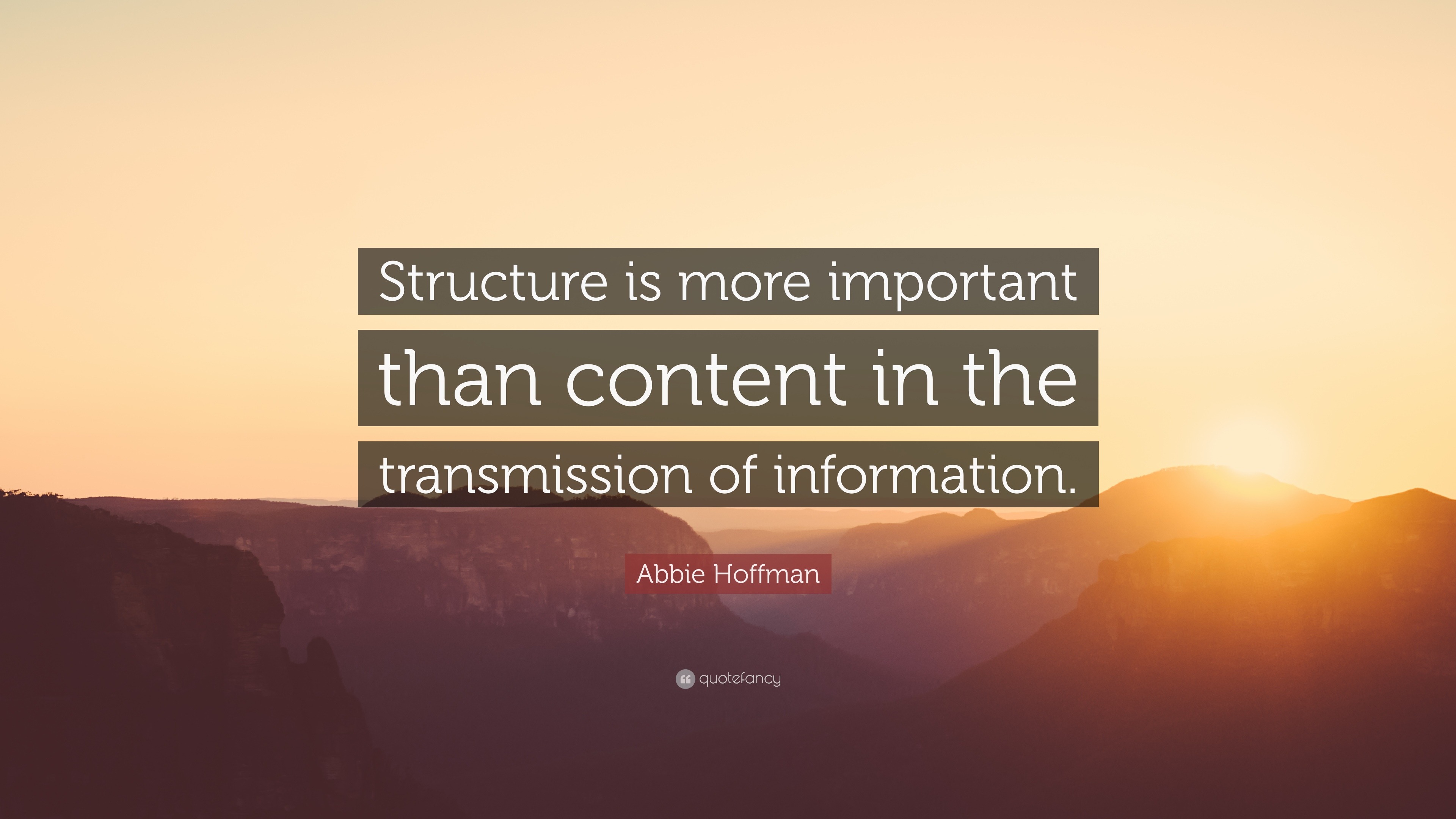
- Introduction
- Aims and research methodology
- Key research findings
- Recommendations
- Conclusion
This significantly helped me to feel more confident about the task, and after completion, I was surprised at how well I was able to cope with the pressure of developing policy for such a large and influential mental health organisation. In addition, the research paper successfully highlighted to senior management the urgent need for this project as research shows that 50% of mental health problems begin before the age of 14. (Mental Health Foundation, 2021), and the panel was consequently allocated funding and staffing resources. This success helped me to feel like less of an impostor, and it reaffirmed my ability to research, and develop policy, despite my lack of paid professional experience. Despite initially fearing the worst, I now had a much more positive attitude towards my own competence, and a greater recognition of my own achievements. I no longer questioned why AMH had asked me to help lead this project as it became evident that my personal experiences with mental ill health, and role as a student mental health campaigner strengthened the research and policy process, as I had a unique and broad understanding of the different challenges children and young people face today. Initially I perceived my lack of professional experience as a weakness and a limitation, but this personal outlook was essential in making our proposal more compelling, and likely to be approved for funding.
Outcomes
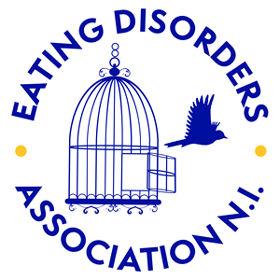
This experience gave me a newfound confidence in my ability to work under pressure, and develop both existing skills, such as communication, and new skills, such as adapting my writing to a different style. I have noticed a range of new positive behaviours stemming from my placement at Action Mental Health, such as I am more willing to put myself forward for new opportunities, and not let the fear of failure hold me back which have been maximised by my commitment to ‘learning skills of active coping and relaxation.’ (Michie, 2002, p.70). Learning how to incorporate self care into my daily routine has become a vital tool in managing my personal battle with severe anxiety, while working in the mental health sector. I was delighted to get the opportunity to apply these new behaviours very soon after finishing my placement at Action Mental Health, as a couple of weeks after, I applied for, and was successful in obtaining a paid position as coordinator for the Eating Disorders Association in Northern Ireland.
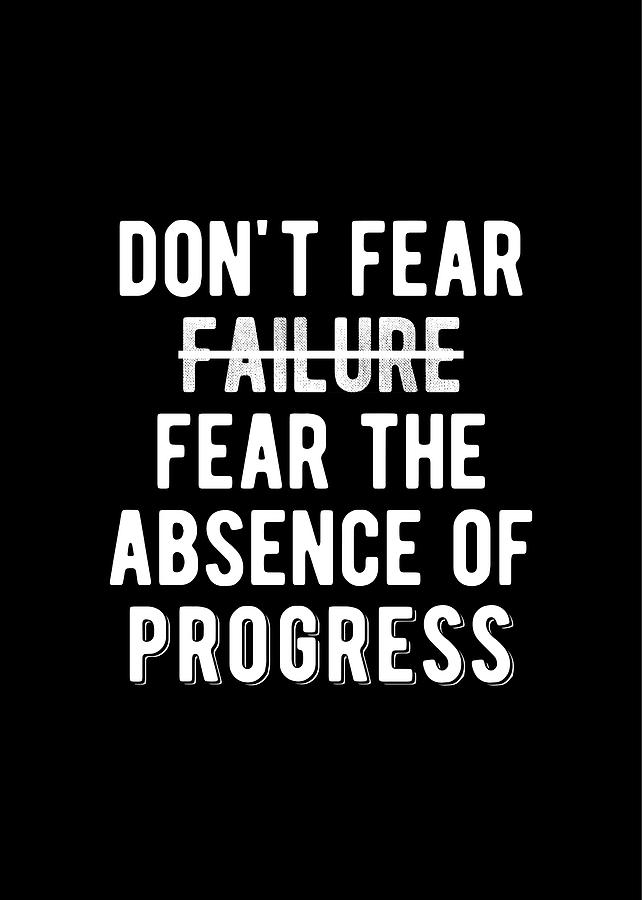
Undoubtedly, without this newfound confidence, I would not have believed in myself enough to even consider this post, nevermind apply, and go for an interview. Thus, this challenging aspect of my placement has been critical in both my personal, professional and academic development, enabling me to begin a career in mental health prior to starting my Masters in Psychology in September. Moreover, it has shown me that my primary interest is in children and young people’s mental health, specifically, anxiety and eating disorders. The personal reflection I engaged in during my placement, particularly, my experiences of anxiety, and struggles with binge eating has underpinned the professional pathway I want to pursue, whereas before I was lacking confidence about whether this was the right option. Developing core interpersonal skills during placement, such as communication and empathy, has strengthened my confidence further, reinforcing my ability to adapt to changing circumstances, and conquer the barriers of anxiety and low self esteem.
References:
D.Boud, R.Keogh, D. Walker, Reflection: Turning Experience into Learning. Routledge Falmer, New York, 1985.
Eatingdisordersni.co.uk. 2022. Eating Disorders Association NI. [online] Available at: <https://www.eatingdisordersni.co.uk/> [Accessed 22 March 2022].
Feenstra, S., Begeny, C., Ryan, M., Rink, F., Stoker, J. and Jordan, J., 2020. Contextualizing the Impostor “Syndrome”. Frontiers in Psychology, [online] 11. Available at: <https://www.frontiersin.org/articles/10.3389/fpsyg.2020.575024/full> [Accessed 22 March 2020].
Hermann, A., Leonardelli, G. and Arkin, R., 2002. Self-Doubt and Self-Esteem: A Threat from within. Personality and Social Psychology Bulletin, [online] 28(3), pp.395-408. Available at: <https://journals.sagepub.com/doi/10.1177/0146167202286010>.
McKendrick, J., 2003. Writing Research Briefing Papers. Journal of Geography in Higher Education, [online] 27(2), pp.217-226. Available at: <https://researchonline.gcu.ac.uk/en/publications/writing-research-briefing-papers> [Accessed 22 March 2003].
Mental Health Foundation. 2022. Mental Health Statistics 2021. [online] Available at: <https://mentalhealthfoundation.org/mental-health-statistics-2021/> [Accessed 22 March 2022].
Michie, S., 2002. Causes and Management of Stress at Work. Occupational and Environmental Medicine, [online] 59(1), pp.67-72. Available at: <https://oem.bmj.com/content/59/1/67> [Accessed 22 March 2002].

